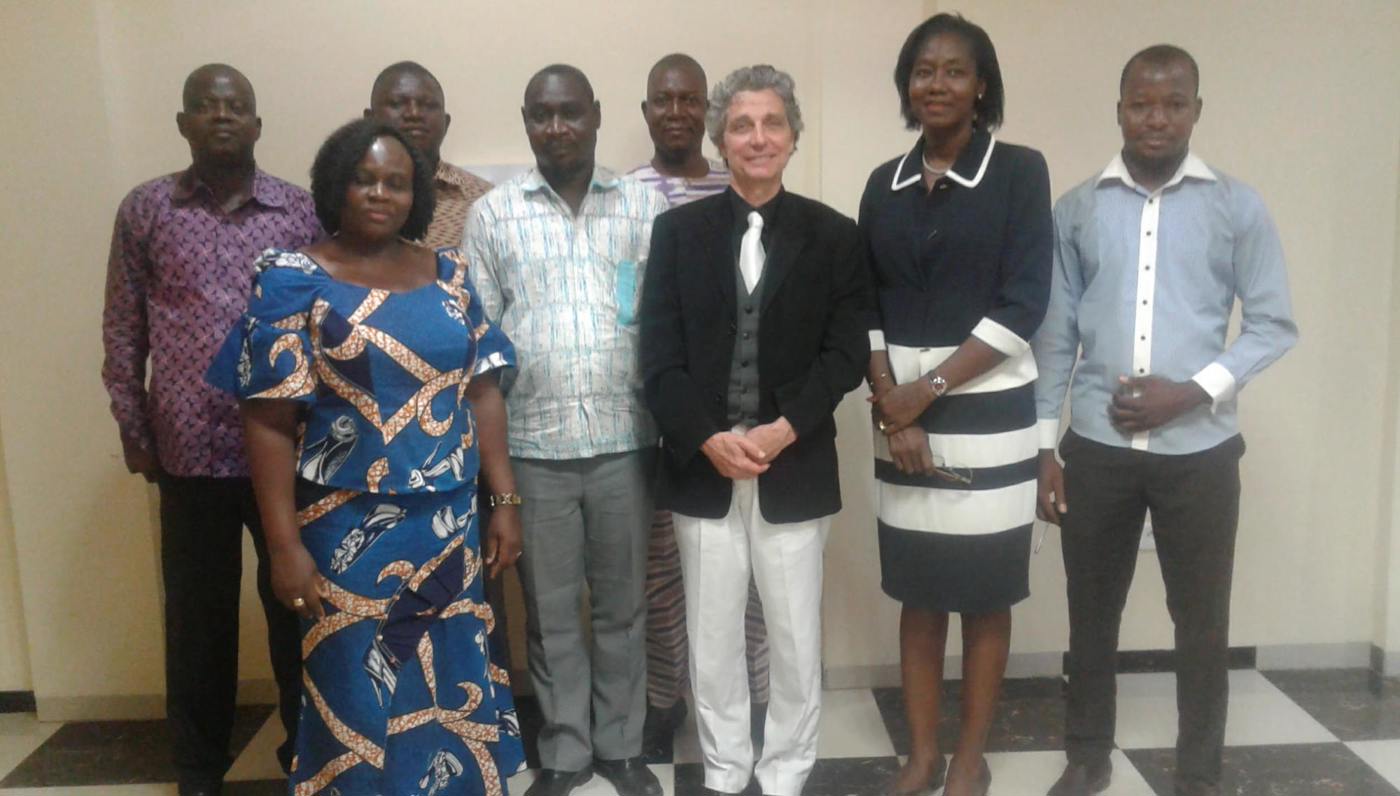
Project reference
15-0235-000-BFA-Danida_Just
Contract duration
2016 - 2021
Budget
2,275,190
All experts contracted by Particip.
Countries
Burkina Faso
Keywords
Human rights, Justice/Rule of Law
Technical assistance within the areas of justice, human rights and security in Burkina Faso
TECHNICAL ASSISTANCE TO THE MINISTRY OF JUSTICE, HUMAN RIGHTS AND CIVIC PROMOTION
The objective of the Development Commitment Paper 1 (DCP 1) was to “strengthen the effectiveness of human rights and the credibility of justice”. Its aim is to produce the following four outputs:
TECHNICAL ASSISTANCE TO THE MINISTRY OF TERRITORIAL ADMINISTRATION, DECENTRALISATION AND SECURITY
The objective of the DCP 2 was to “help improve local access to justice, stability and the protection of human rights (2016 – 2020)”. Its aim is to produce the following three outputs:
The objective of the Development Commitment Paper 1 (DCP 1) was to “strengthen the effectiveness of human rights and the credibility of justice”. Its aim is to produce the following four outputs:
- Output 1: the Ministry of Justice, Human Rights and Civic Promotion (MJHRCP) will monitor and coordinate the follow-up of the recommendations from the Universal Periodic Review (UPR) for which the public partners are responsible, and strengthen the public partners’ capacities in monitoring methods and documenting tools.
- Output 2: the UPR recommendations for which the MJHRCP is responsible will be implemented, in particular concerning the key recommendations relating to the categories of rights that are targeted (e.g. child rights, women’s rights, the disabled and prisoners) and relating to the independence of justice.
- Output 3: the legislative framework will be made more inclusive and participatory in accordance with the UPR recommendations concerning the independence of justice and the categories of rights targeted (child rights, women’s rights, the disabled and prisoners).
- Output 4: the code of ethics will be adhered to better within the justice administration and by the judiciary actors.
TECHNICAL ASSISTANCE TO THE MINISTRY OF TERRITORIAL ADMINISTRATION, DECENTRALISATION AND SECURITY
The objective of the DCP 2 was to “help improve local access to justice, stability and the protection of human rights (2016 – 2020)”. Its aim is to produce the following three outputs:
- Output 1: security services will have a good command of the tools and procedures for the protection of human rights, as per international standards.
- Output 2: security services will show more presence and effectiveness in the towns / villages that do not have police or gendarmes.
- Output 3: the participation of the communities in building security will be effective, especially for vulnerable groups.
- Support in reforming policies, security standards and human rights, as planned in the context of the security services’ missions, and support in preparing a White Paper on defence and security, planned for 2016.
- Consolidating the initial training in police and gendarme schools (new tools, approaches, procedures and techniques for human rights) and the continuing training (training of trainers and decentralised training in three regions) to accompany the huge ongoing recruitment drive for police officers and gendarmes.
- Support in deploying childhood protection squads in the Eastern and Northern Sahel regions.
- Set-up of model stations / units to receive citizens (especially locally for facilities to keep suspects in custody, separate rooms for women and minors, information panels to provide information on the services or benefits available).
- Support with communication and dialogue between the security services and the population, to assist with community participation on security issues, community conflict resolution and the fight against violent extremism.
Partners
Particip (Lead), TANA Copenhagen